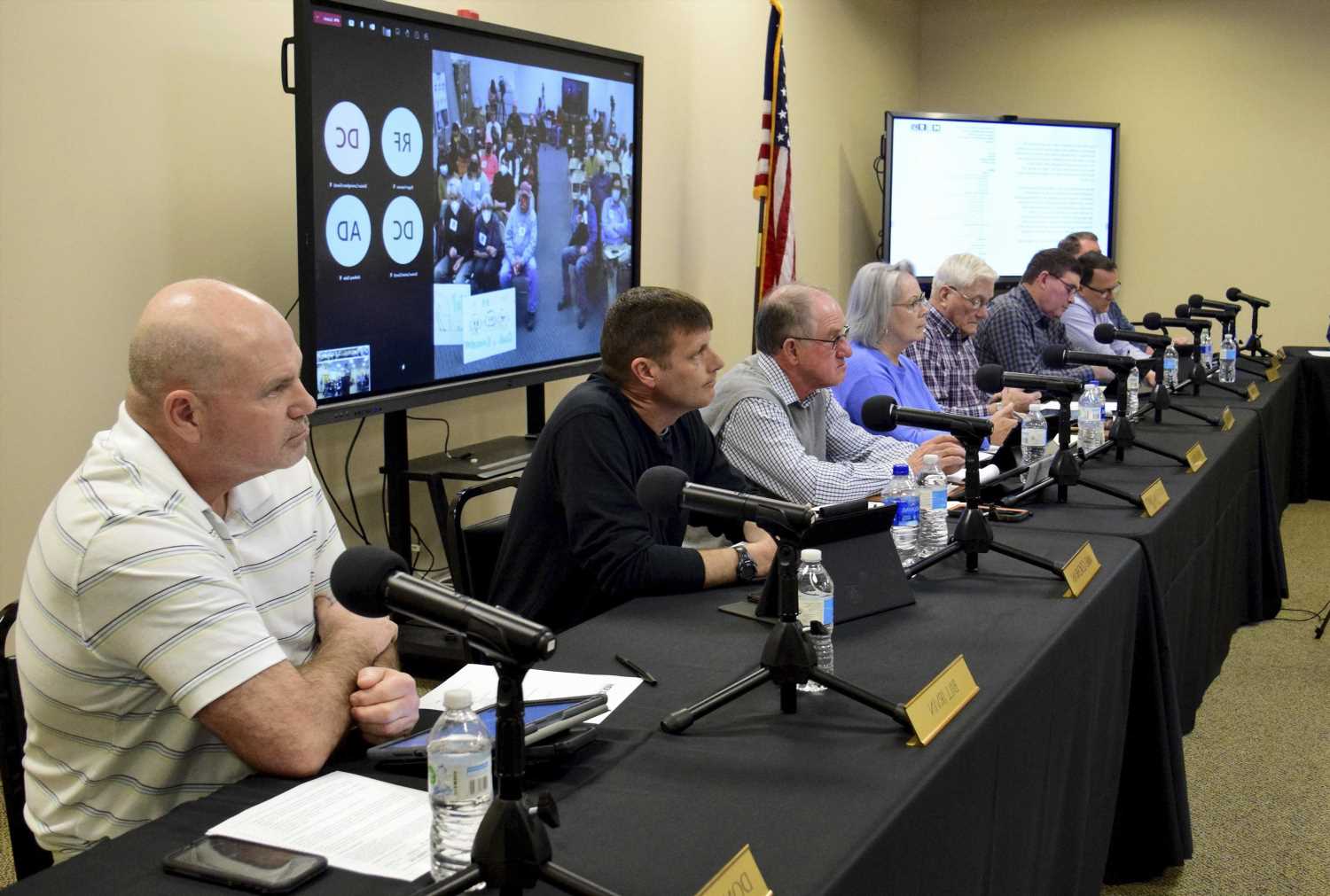Covid cases plummet 27.5 per cent to 46,025 compared to last week and deaths drop by 35.5 per cent to 167
- Government dashboard data shows there were 46,025 new positive tests over the last 24 hours
- It was the eleventh day in a row daily confirmed infections have fallen week-on-week, data shows
- Number of people dying with the virus also dropped to 167, down 35.5 per cent on the 259 last week
Britain’s Covid cases and deaths have plummeted for the fourth day in a row, official data showed today as the country continues to emerge from the Omicron wave.
Government dashboard data shows there were 46,025 new positive tests over the last 24 hours, down 27.5 per cent on the 63,493 recorded last Saturday.
It was the eleventh day in a row daily confirmed infections have fallen week-on-week, with average cases in free fall since the middle of January.
And the number of people dying with the virus also dropped to 167, down 35.5 per cent on the 259 recorded last week.
Despite the positive trends, experts from the Scientific Advisory Group for Emergencies (Sage) last night warned lifting all Covid restrictions will have a ‘disproportionate impact’ on vulnerable people.
Boris Johnson told MPs this week that he expects to end all restrictions, including the requirement to self-isolate following a positive test, this month — weeks earlier than scheduled.
But Sage experts say the Government should take various actions that could help protect the vulnerable as well as mitigate the general spread of Covid when rules are eased.
Health chiefs are now officially keeping tabs on a Covid variant that is a hybrid of the Omicron and Delta strains and has been spotted in the UK.
The super-mutant Deltacron is thought to have evolved in a patient who caught both variants at the same time but it is not clear if it was imported or originated in Britain.
UK Health Security Agency officials also don’t know how infectious or severe the newly evolved virus is or whether it will impact vaccine performance.
A source at the UKHSA insisted officials were ‘not concerned’ by the variant because case numbers are ‘low’.
The agency has not revealed how many times it has been spotted.
Professor Paul Hunter, an infectious disease expert at the University of East Anglia, told MailOnline that it ‘shouldn’t pose too much of a threat’ because the UK has huge levels of immunity against the original Delta and Omicron strains.
‘So at the moment I’m not overly worried at the moment. If both Delta and Omicron are falling then, in theory, this [variant] should struggle to take off,’ he said.
In minutes from the group’s meeting on Thursday, members warned: ‘Increased ambiguity about a requirement to self-isolate upon testing positive will also disproportionately impact vulnerable sections of the population.’
They also raised concerns about the consequences of removing access to free testing and called for ‘clear and consistent’ messaging to the public about the ongoing risks.
The group said getting rid of free testing would make it harder for people to take precautions and ‘may also increase anxiety among those who have found testing reassuring after possible exposure, particularly those who are or live with someone who is clinically vulnerable’.
‘Some people may also take the removal of free and accessible testing as a signal that they should continue to attend workplaces/social gatherings while showing Covid symptoms, as these become conflated with other symptoms of respiratory illness such as influenza,’ the group added.
In response to this, Sage suggested the Government should take ‘various proactive measures’ to address the culture of ‘presenteeism’ at work, including encouraging people to work from home when unwell and providing ‘adequate’ sick pay for employees.
The group also emphasised the importance of public messaging as a way to reduce the impact.
‘Lifting of restrictions should be accompanied with clear and consistent messaging about the scientific rationale and continued benefit of protective behaviours to reduce transmission,’ Sage said.
Public messaging should also be employed ‘to stress the different needs and risk appetites of others,’ it added.
‘This should help to improve understanding of the continued need and adoption of protective behaviours by different groups and reduce the risk of social tensions, abusive incidents and stigma towards minority groups,’ the group said.
Sage also suggested that health authorities should take over the responsibility of public messaging, based on studies that show people have higher confidence in experts and are less likely to follow rules if trust in a government is low.
‘This could improve adherence but is dependent upon consistency across organisations, including central government,’ it said.
Covid restrictions had been due to expire on March 24, but Mr Johnson told MPs he expects they can end a month sooner if the data continues to be encouraging.
It means in just over two weeks England could be returned to levels of freedom enjoyed before the pandemic, for the first time since restrictions were brought in almost two years ago.
Source: Read Full Article





